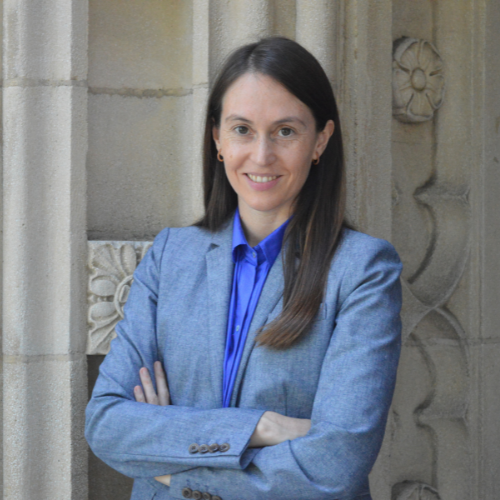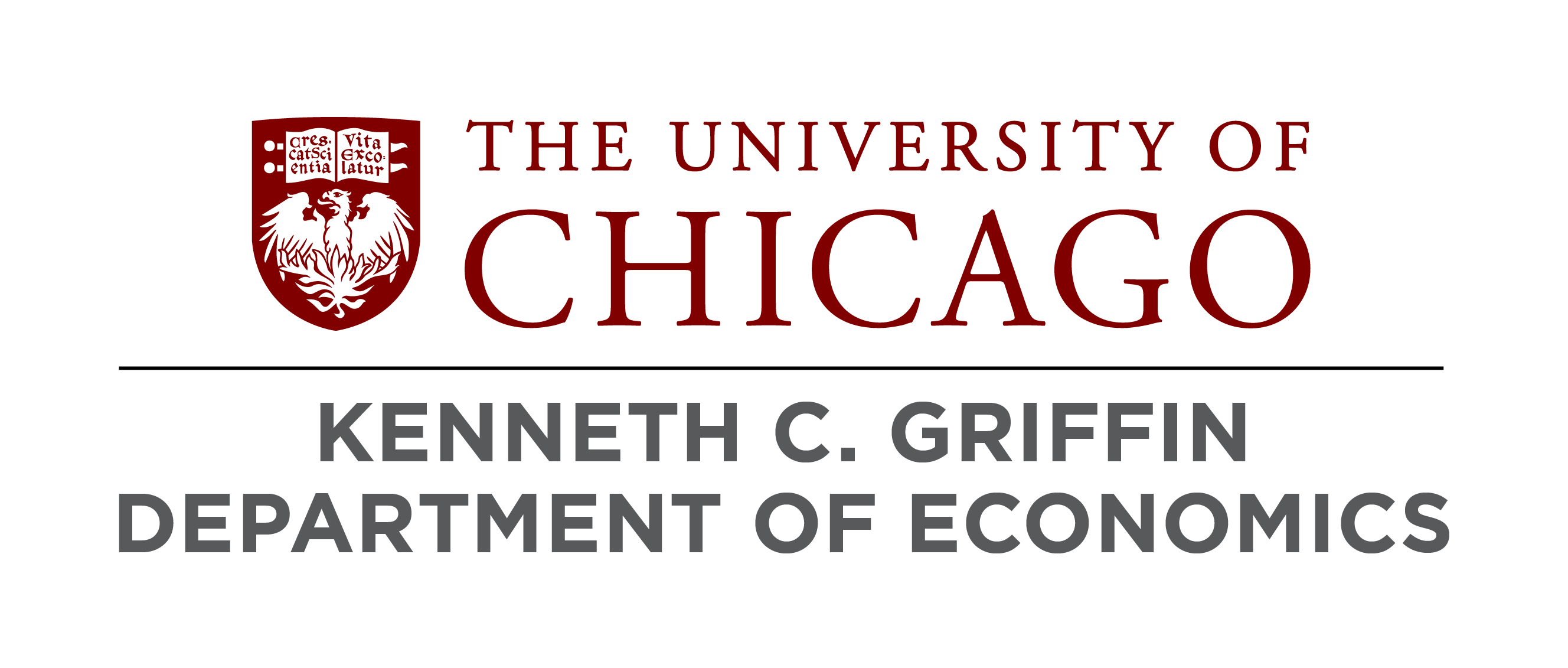
Primary Research Focus: Industrial Organization
Secondary Research Focus: Economics of Education
References: Ali Hortacsu (Chair), Michael Dinerstein, Gaston Illanes (Northwestern University), Margaux Luflade (University of Pennsylvania)
Esperanza Johnson's Personal Website
Recent Research / Recent Publications
Abstract
Access to free public higher education is a popular demand and an active political debate. There are multiple implementations of this policy, from free college for all to targeted subsidies. In this paper I focus on a national policy, implemented in Chile in 2016, that is a targeted full-tuition subsidy for students from the bottom fifty percent of the income distribution. Most of the policies that aim at reducing education costs for students also constrain the revenue of higher education institutions. In response, institutions may optimize other factors such as their programs’ capacity, and prices (in the case of targeted subsidies). Free college generates a combination of demand and supply responses that affect the current equilibrium. In this paper, I characterize and measure the demand and supply reactions to this policy using a combination of descriptive results and a structural model. Specifically, I explore the impact of free college on students’ applications and enrollment as well as programs’ pricing and capacity decisions and whether these decisions amplify or moderate the effects of free college on students’ welfare. My model incorporates strategic responses from programs (prices and capacity) in the context of a centralized assignment mechanism, specifically the student-proposing DAA. My results show that the policy implemented in Chile is welfare-enhancing for almost 40 percent of eligible students. Nonetheless, the welfare of almost 45 percent of the student body decreases due to supply responses. I use the model to evaluate a counterfactual policy that expands free college to all the student body. This policy would increase access to education for all students, and proportionally more for higher income students. However, supply responses dampen this potential increased access to education. Hence, supply responses are crucial to determine welfare and need to be considered when designing and expanding financial aid policies such as free college.
 THE UNIVERSITY OF CHICAGO
THE UNIVERSITY OF CHICAGO

